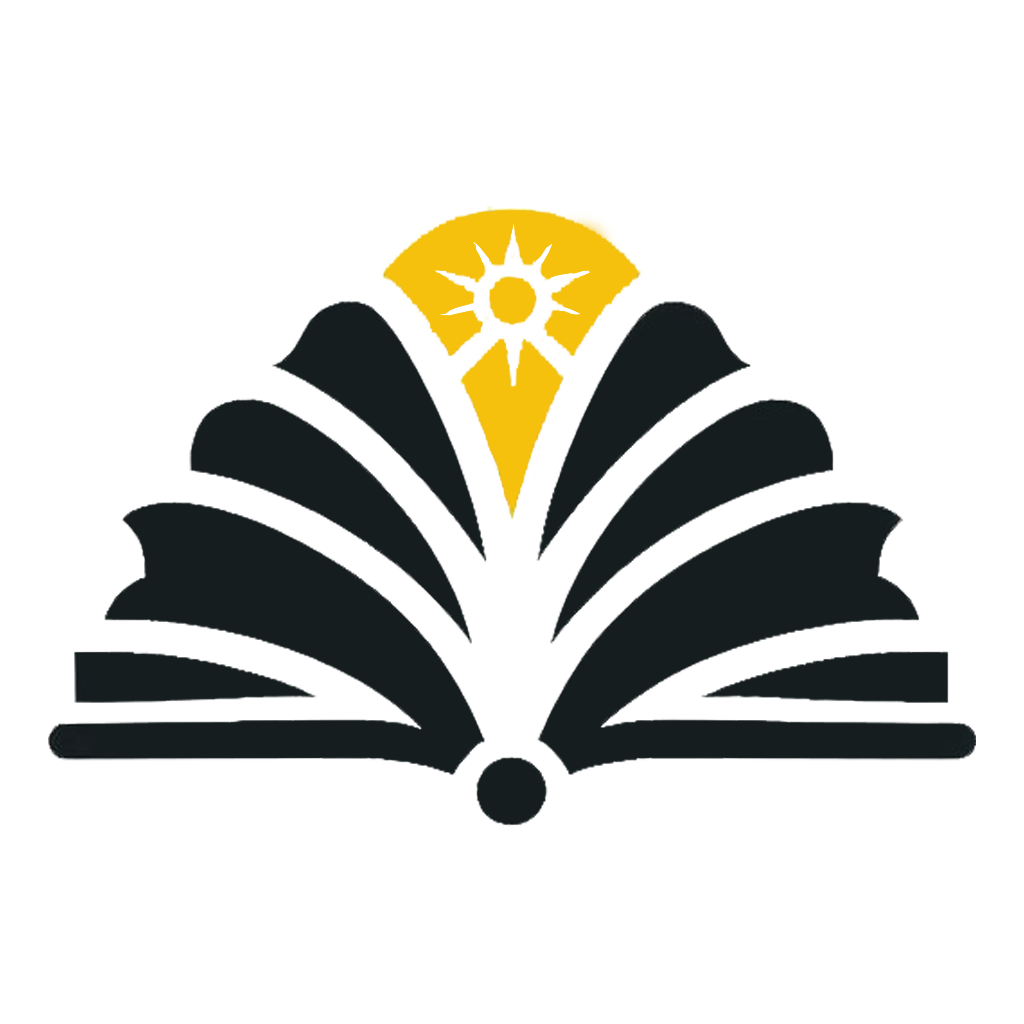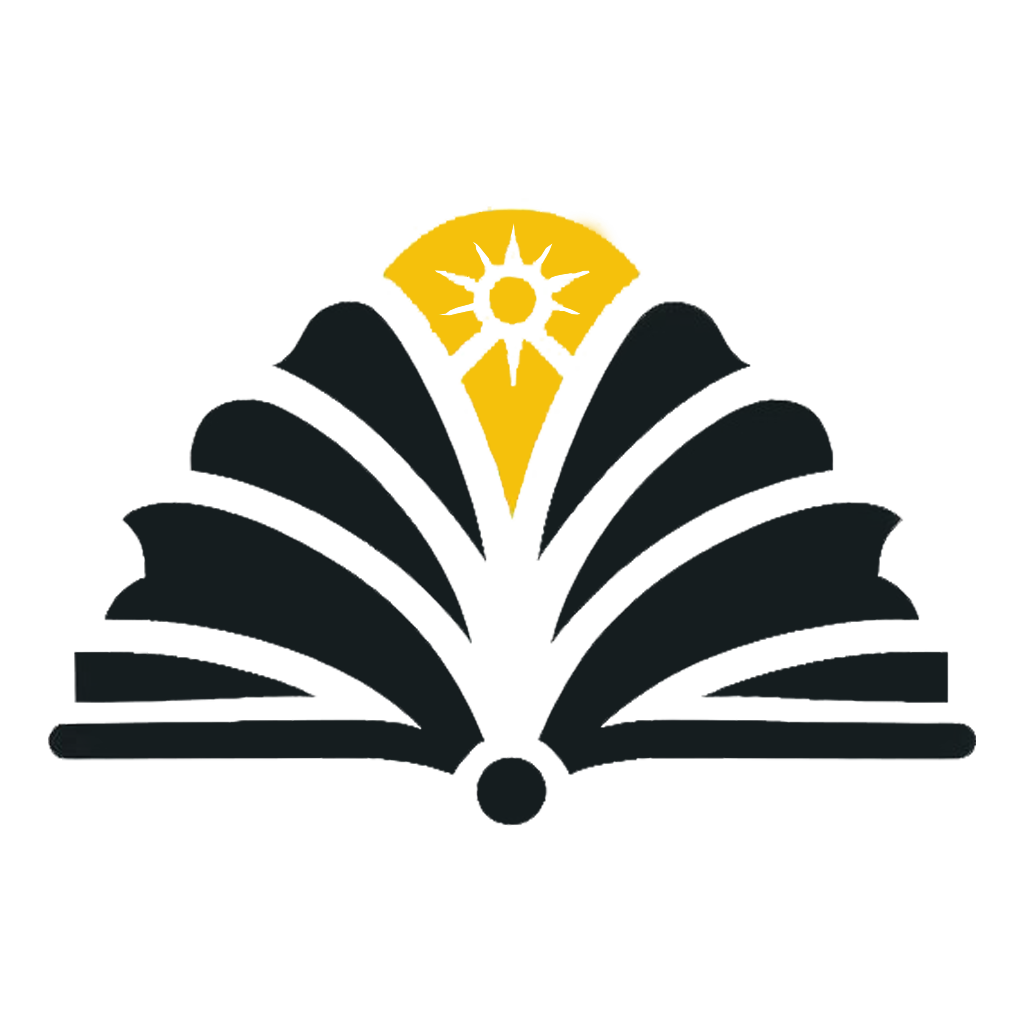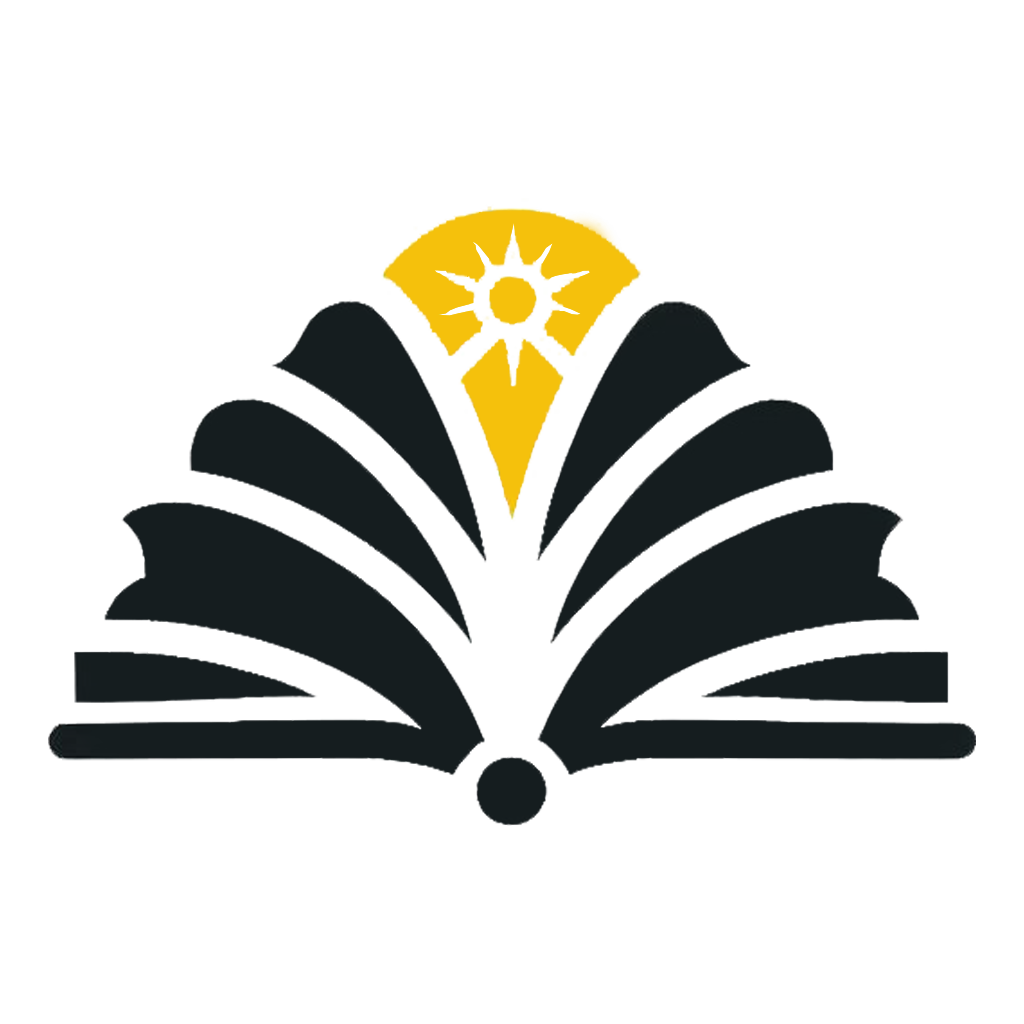Introduction to Rojava's Economic Model
The economic model of Rojava, also known as the Autonomous Administration of North and East Syria, represents a unique experiment in alternative economics. Rooted in the principles of democratic confederalism, Rojava's economy aims to be ecologically sustainable, gender-equal, and based on direct democracy and communal ownership.
Key Features
- Cooperative-based economy
- Emphasis on ecological sustainability
- Gender equality in economic participation
- Communal ownership of key resources
- Rejection of both capitalist and state socialist models
Historical Context
Rojava's economic model emerged in the context of the Syrian Civil War and the establishment of autonomous Kurdish-led administration in northern Syria. Key factors influencing its development include:
- The ideology of Abdullah Öcalan, particularly his writings on democratic confederalism
- Critique of both capitalist market economies and state-controlled command economies
- Need for self-sufficiency due to economic embargo and ongoing conflict
- Influence of anarchist and libertarian socialist economic theories
Core Principles of Rojava's Economic Model
1. Cooperative Economy
The backbone of Rojava's economy is a network of cooperatives across various sectors, including agriculture, manufacturing, and services. These cooperatives are democratically managed by their members.
2. Social Economy
The economy prioritizes social needs over profit. Economic activities are oriented towards meeting the basic needs of the population and fostering community well-being.
3. Ecological Sustainability
Environmental considerations are central to economic planning. There's an emphasis on sustainable agriculture, renewable energy, and ecological restoration.
4. Gender Equality
Women's economic empowerment is a key focus, with specific women's cooperatives and measures to ensure equal participation in all economic spheres.
5. Communal Ownership
Key resources, particularly land and natural resources, are considered common property. Their use and management are decided through democratic processes.
Implementation and Structures
Economic Committees
Each canton (administrative region) in Rojava has its own economic committee responsible for coordinating economic activities, supporting cooperatives, and ensuring fair distribution of resources.
Cooperatives
Cooperatives form the primary unit of economic organization. They exist in various sectors:
- Agricultural cooperatives
- Manufacturing cooperatives
- Service cooperatives (e.g., bakeries, restaurants)
- Women's cooperatives
Commons-Based Ownership
Natural resources, particularly oil fields, are managed as commons. Revenues are distributed for public services and development projects.
Local Currencies
Some cantons have experimented with local currencies to facilitate internal trade and reduce dependence on external monetary systems.
Challenges and Critiques
Rojava's economic model faces several challenges:
- Economic embargo and limited access to international markets
- Ongoing conflict and security concerns affecting economic development
- Limited resources and infrastructure
- Tensions between ideological goals and practical economic needs
- Critiques of inefficiency and questions about long-term viability
Achievements and Impact
Despite challenges, Rojava's economic model has achieved notable successes:
- Increased food self-sufficiency through agricultural cooperatives
- Improved women's economic participation and empowerment
- Development of local industries and services
- Maintenance of basic services despite ongoing conflict
- Inspiration for alternative economic models globally
International Perspective
Rojava's economic experiment has drawn attention from various international observers:
- Left-wing and anarchist movements see it as a practical implementation of their ideals
- Ecological movements are interested in its sustainability practices
- Feminist economists study its approach to gender equality in the economy
- Critics argue about its long-term viability and adaptability to larger scales
Future Prospects
The future of Rojava's economic model depends on several factors:
- Political stability and resolution of the broader Syrian conflict
- Ability to integrate with regional and global economies
- Continued development and refinement of economic structures
- Balancing ideological principles with economic pragmatism
- International recognition and support
Conclusion
The economic model of Rojava represents a bold experiment in alternative economics, combining elements of cooperativism, ecology, and feminism. While facing significant challenges, it offers valuable insights into the possibilities of building economies based on principles of direct democracy and social justice. The long-term viability and potential replicability of this model remain subjects of ongoing study and debate.



